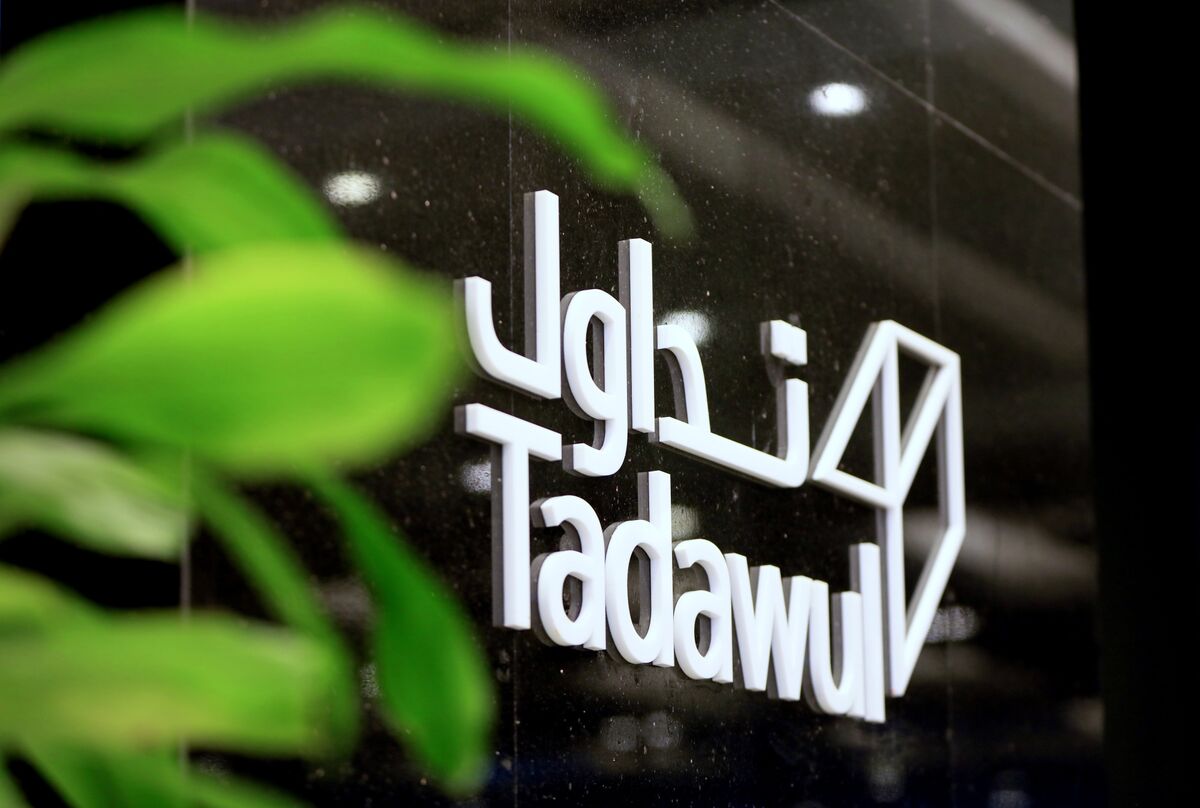Summary:
TileGreen, an Egyptian startup, is transforming discarded plastic into eco-friendly building materials, including tiles, bricks, and urban furniture.
The company's innovation tackles two major problems: plastic waste and high emissions from traditional construction materials.
TileGreen's polymer aggregate composite reduces the need for traditional cement, minimizing carbon emissions and providing a sustainable alternative.
The startup has already partnered with SODIC, a major real estate developer, showcasing the potential for widespread adoption.
To ensure the success of such innovations, government incentives and increased awareness among developers and designers are crucial.
Turning Trash Into Treasure: How TileGreen Is Revolutionizing Construction in Egypt
Imagine a factory in Cairo where discarded plastic, the bane of many cities, is transformed into beautiful and durable building materials. That's the reality at TileGreen, an Egyptian startup tackling two major problems: the country's plastic waste crisis and the high emissions from cement production.
TileGreen's innovation lies in their ability to convert plastic waste into polymer aggregate composite, a mixture of plastic shards, sand, and gravel that can be used to create a wide array of products, including tiles, bricks, and even urban furniture. This eco-friendly solution offers a sustainable alternative to traditional construction materials while reducing the environmental impact of waste.
The Problem:
Egypt faces a significant challenge with plastic waste, producing around 4.5 million tonnes annually. This plastic often ends up in landfills, polluting the environment. Furthermore, the construction industry, a major driver of the Egyptian economy, is a significant contributor to greenhouse gas emissions. Cement production alone accounts for a substantial portion of these emissions.
TileGreen's Solution:
TileGreen's technology provides a sustainable and innovative solution to both of these problems. By utilizing plastic waste, they reduce the amount that ends up in landfills and oceans. Their composite material also reduces the reliance on traditional cement, minimizing carbon emissions.
The Impact:
TileGreen has already made a significant impact. They have partnered with SODIC, a major real estate developer, to supply interlocking tiles for their administrative complex. SODIC recognizes the value of TileGreen's innovative approach, not only for its environmental benefits but also for its high quality and aesthetic appeal.
Looking Forward:
TileGreen's technology has the potential to be scaled up to create a wide range of sustainable building products. To ensure the continued success of startups like TileGreen, government incentives and increased awareness are essential. Developers and designers need to be educated about the benefits of green building materials and the availability of innovative options like TileGreen's.
This Egyptian startup is a shining example of how entrepreneurship can address environmental challenges while driving economic growth. TileGreen's story inspires hope for a more sustainable future for the construction industry and beyond.








Comments